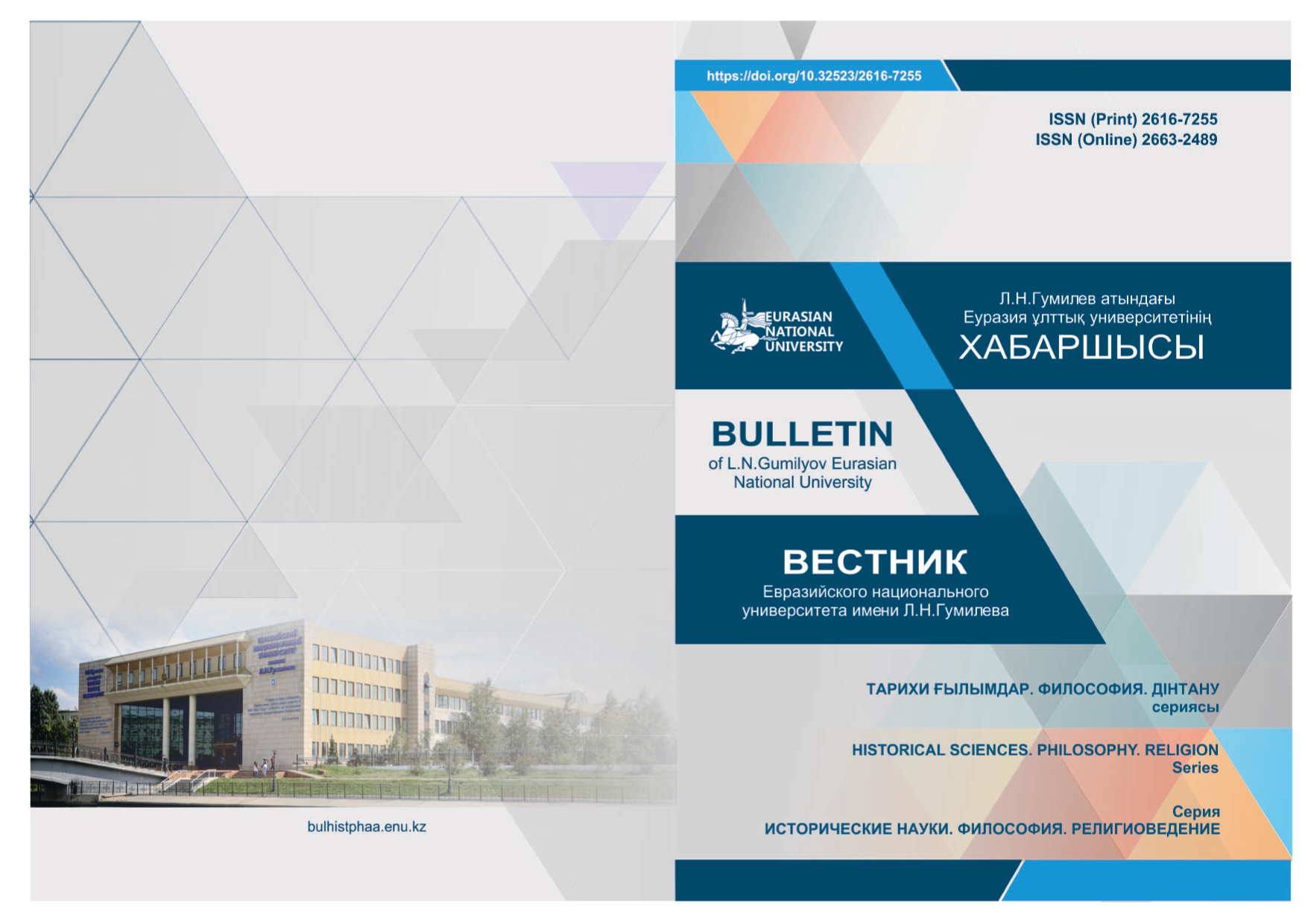Philosophy of cooperation: prerequisites for philosophical cultural diplomacy
Views: 268 / PDF downloads: 428
DOI:
https://doi.org/10.32523/2616-7255-2023-143-2-216-233Keywords:
cultural diplomacy; international relations; soft power; cultural cooperation; social cooperation; mechanical cooperation; organic cooperation.Abstract
People are always important only to people. Such practices as “communication”, “cooperation” have developed since mankind created society and are not new. The concept of “cultural diplomacy,” aimed at creating and maintaining peace and stability throughout the world through intercultural relations, forms the basis of a new science. While the new science considers new research, mechanisms and new ways, the proposed article examines a number of fundamental ways linking philosophy and cultural diplomacy. Such a step may be necessary for interdisciplinary reflection, research and practice. This is justified by the fact that philosophy is necessary to provide a theoretical vision of each science, while rational thinking seeks to clarify and determine the origin, causes, goals, characteristics, methods, scientific vocabulary, various areas of its specific part. Since philosophy is a worldwide science, the study of international exchange of experience can create an effective field of research. Cultural diplomacy is common to a number of fields of philosophy, such as “philosophy of culture”, “political philosophy” and “philosophical anthropology,” therefore, the field of research is open for development in terms of new philosophical considerations and many valuable ideas. The authors of the article believe that intercultural and internal relations can be strengthened and maintained through constant and continuous dialogue and exchange, which, in turn, helps to strengthen understanding and trust between peoples and communities, prevent misunderstandings, improve relations and cooperation, and reduce the likelihood of socio-cultural conflicts and disputes.Downloads
Download data is not yet available.

Downloads
Published
2023-06-22
Issue
Section
PHILOSOPHY
License
Copyright (c) 2023 Gulkhan В. Nuradin, Dinara D. Omirzakova

This work is licensed under a Creative Commons Attribution-NonCommercial 4.0 International License.







